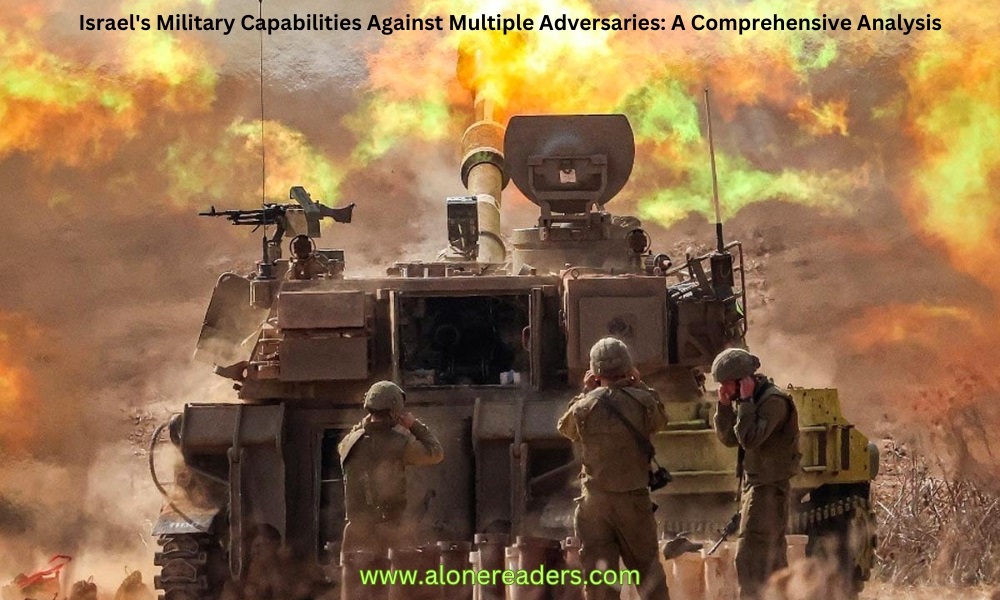
Israel's geopolitical situation in the Middle East is complex and fraught with longstanding tensions. As a nation, it has found itself facing threats from various groups and countries, each with its own set of challenges and dynamics. The possibility of Israel engaging simultaneously in military conflicts with Hamas, Hezbollah, Iran, and the Houthis is a scenario that requires an examination of its military capabilities, strategic advantages, and potential support from Western allies.
Israel boasts one of the most advanced military forces in the world. The Israel Defense Forces (IDF) are well-equipped with cutting-edge technology and a significant arsenal of weapons that include nuclear capabilities, advanced fighter jets, drones, and sophisticated missile defense systems like the Iron Dome, David's Sling, and the Arrow system. These systems provide Israel with a robust defensive capability to intercept a range of incoming threats, from rockets to ballistic missiles.
The IDF is also known for its rapid mobilization capabilities, which are crucial for addressing multiple fronts simultaneously. Compulsory military service ensures that Israel has a large reservoir of trained reservists who can be called up quickly in times of war. Moreover, Israel's intelligence capabilities, primarily through Mossad and Aman, allow for preemptive actions and informed tactical decisions, which are vital when dealing with multiple adversaries.
Despite its military prowess, Israel facing simultaneous conflicts on several fronts would present significant logistical and strategic challenges. Each adversary poses a unique set of challenges. For instance, Hezbollah in Lebanon has a well-entrenched position with sophisticated weaponry, including long-range missiles capable of reaching major Israeli cities. Hamas, although geographically confined to Gaza, has demonstrated its capability to launch rockets deep into Israeli territory.
Iran represents a strategic threat with its long-range missiles and proxy warfare tactics, potentially engaging Israel from far beyond its immediate borders. The Houthis in Yemen, although the least direct threat, could still pose challenges through missile and drone attacks, potentially targeting Israeli interests in the Red Sea.
The support of Western allies, particularly the United States, would be crucial in such scenarios. The U.S. provides significant military aid to Israel, including funding for missile defense systems and advanced weaponry. This support enhances Israel's military readiness and strategic capabilities.
Furthermore, Western allies could provide intelligence, logistical support, and even direct military assistance in conflicts, potentially deterring adversaries from escalating their attacks. The presence of U.S. forces in the region and their logistical and intelligence capabilities could be a significant bolster to Israel in managing multiple fronts.
Beyond military considerations, Israel must also navigate the complex geopolitical landscape. Engaging in multiple conflicts simultaneously could strain Israel's diplomatic relations with other nations, including those within the Arab League, which have been warming in recent years with agreements like the Abraham Accords.
The international community's reaction to widespread conflict involving Israel would also be a crucial factor, as global powers such as Russia and China have interests in the region and could play roles in shaping the diplomatic landscape.
While Israel has the military capability to engage with multiple adversaries simultaneously, the practicality and sustainability of such conflicts depend on numerous factors, including the scale of the conflicts, the strategic objectives, and the depth of support from Western allies. Israel's success in such a scenario would hinge not only on its military capabilities but also on diplomatic acumen and international relations. The outcomes of such conflicts would likely reshape the Middle Eastern geopolitical landscape significantly.